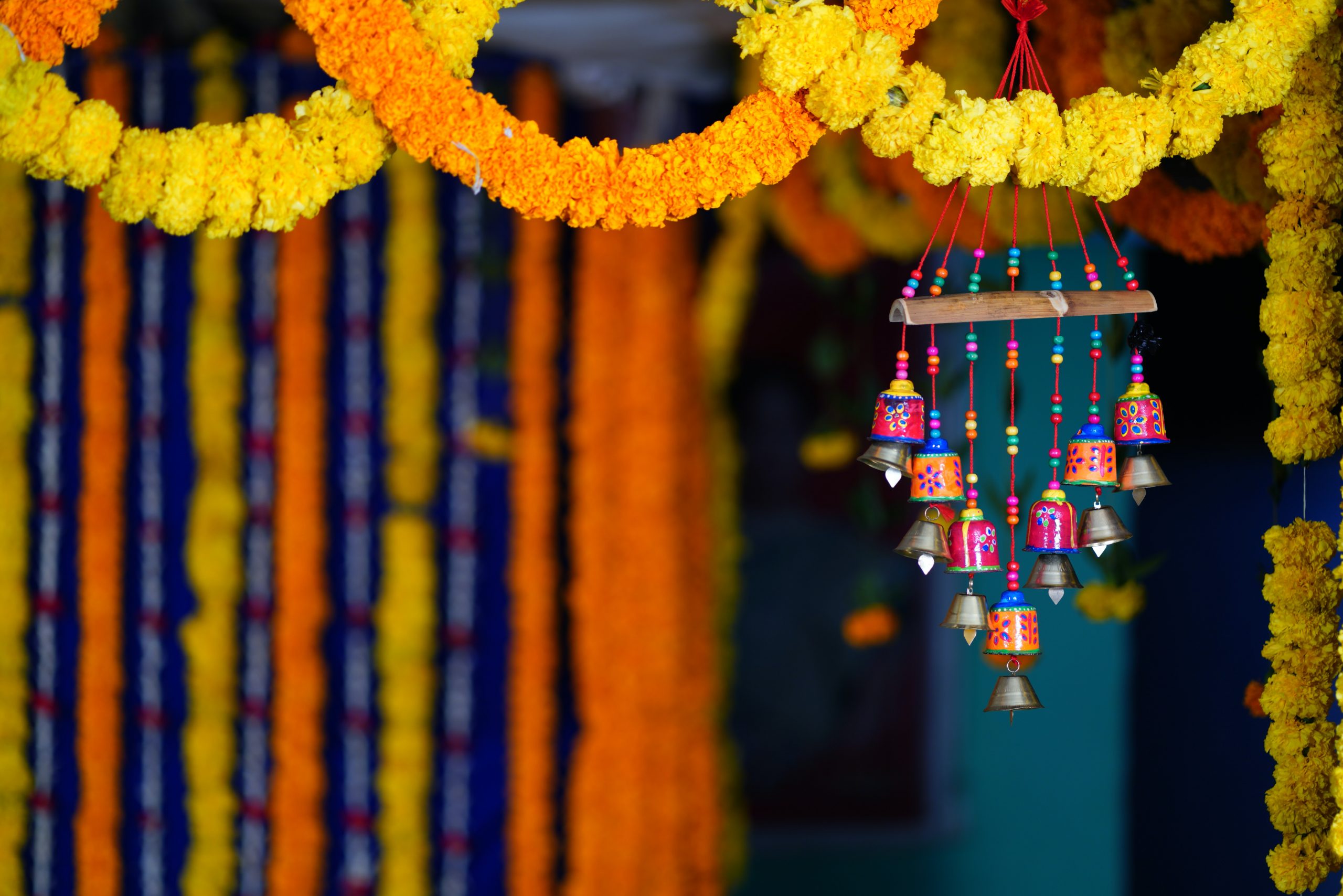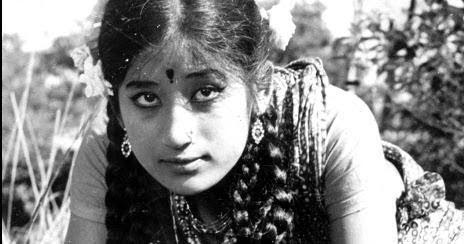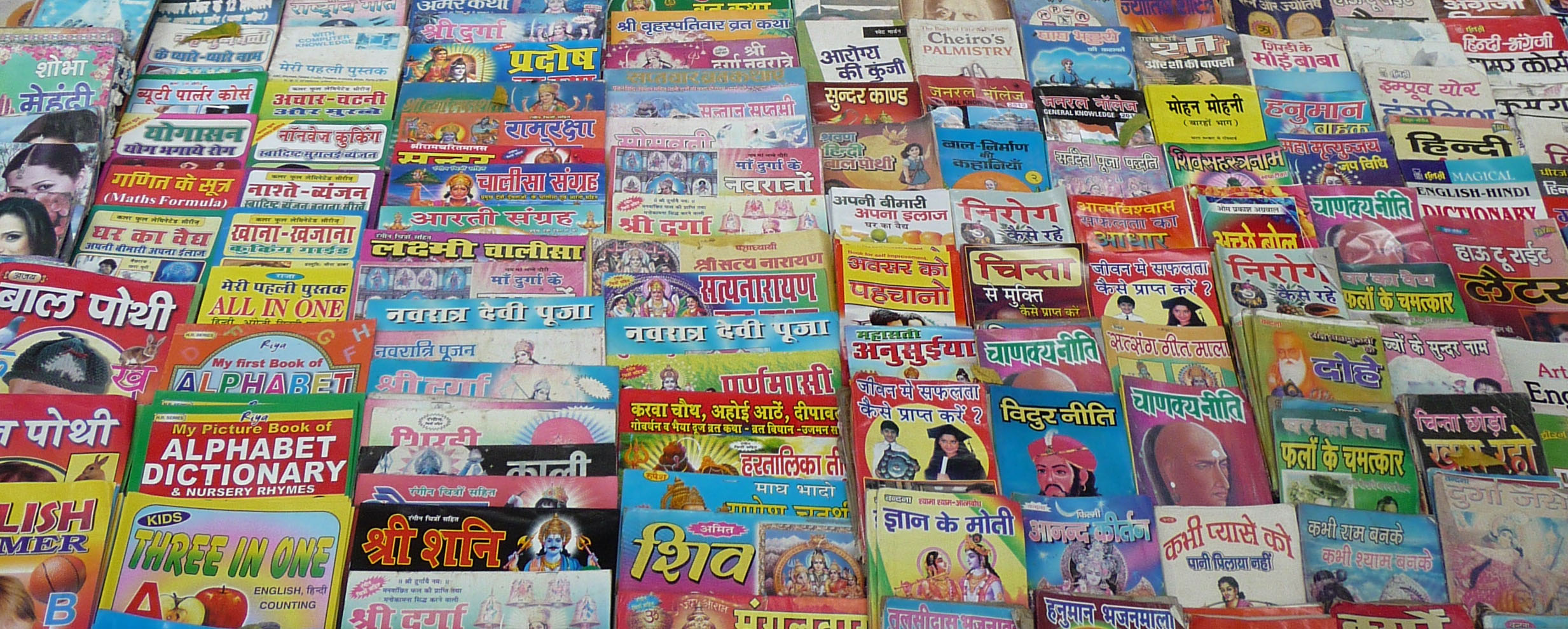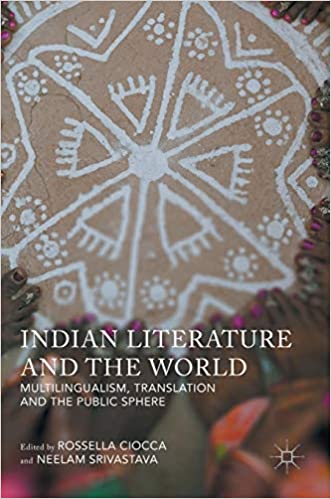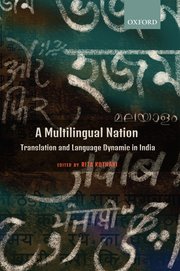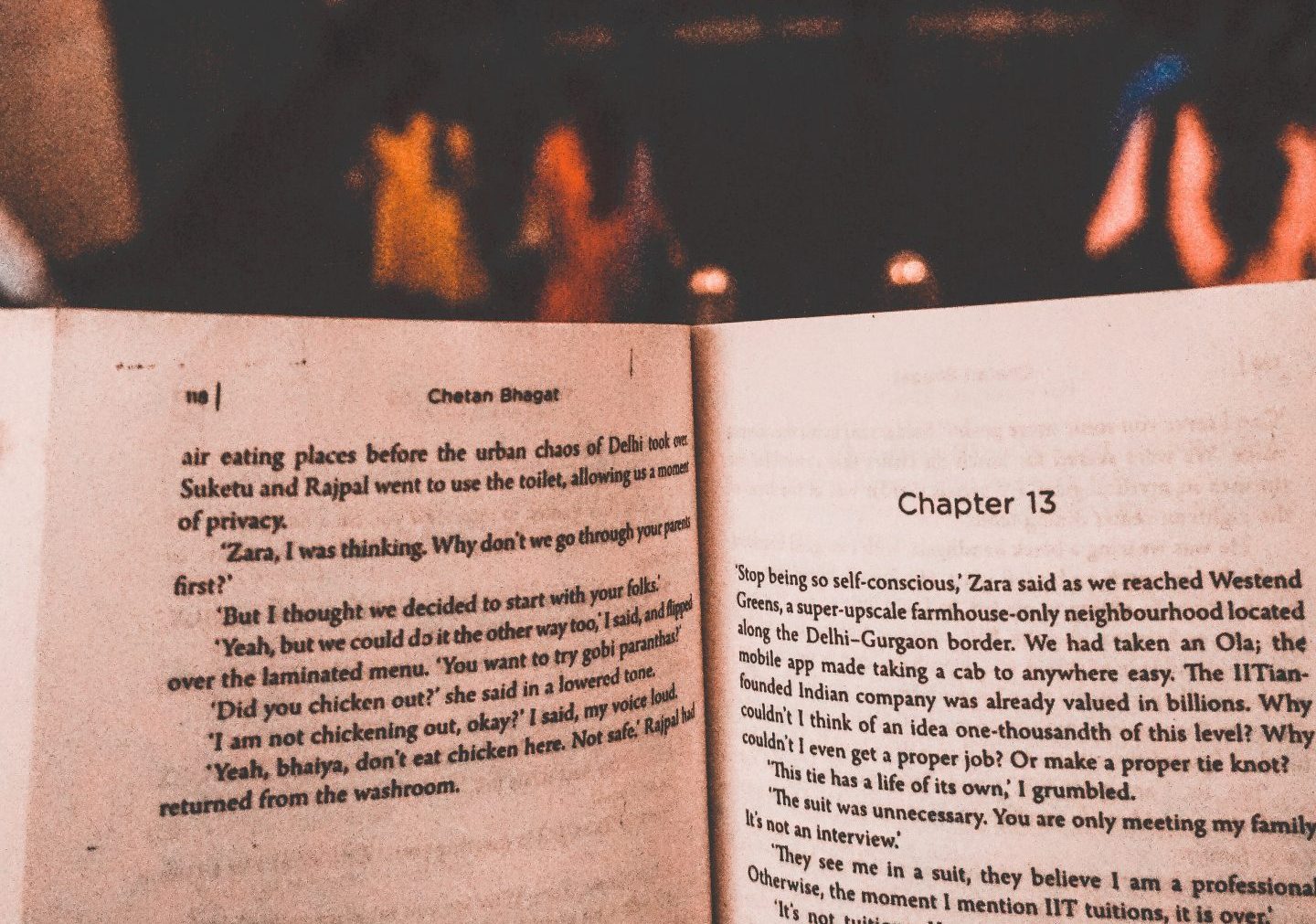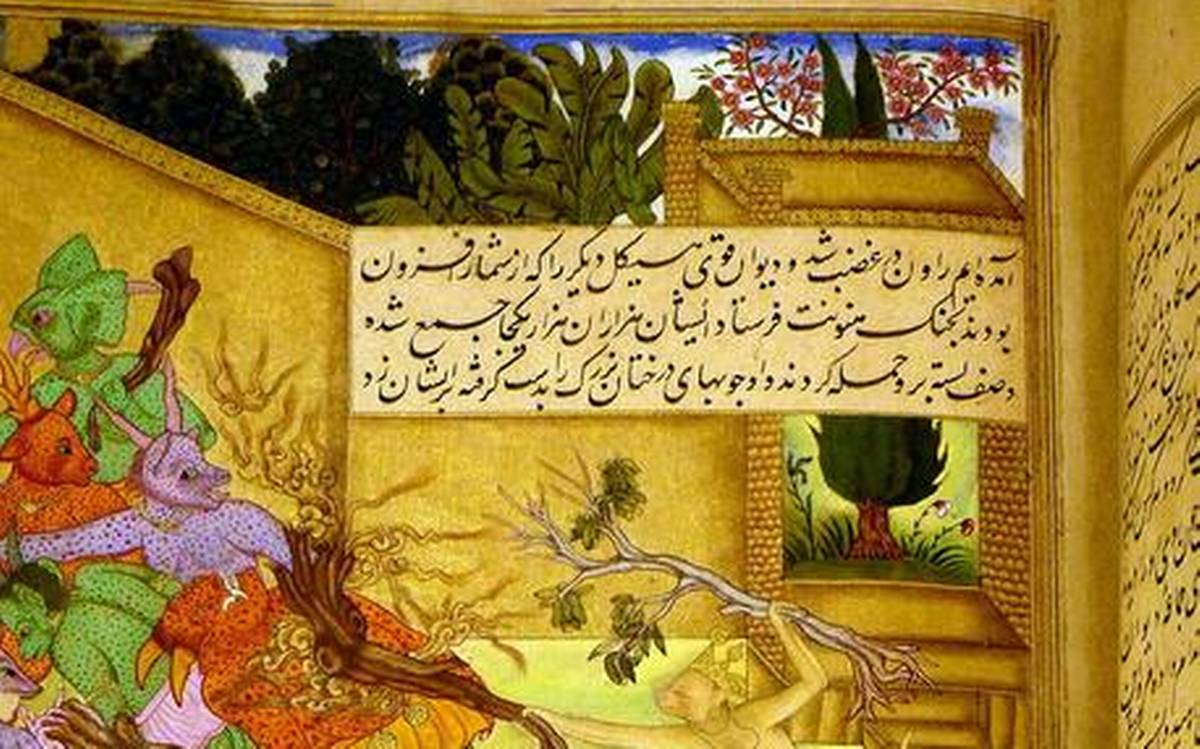.
North India had been a major participant in the Persian cosmopolis; the older parallel expansion and cultivation of literary production in Persian and various forms of the vernacular (in multiple scripts) persisted even as in the 19th century English gradually imposed itself as the new High language and as the model of literary modernity, and Hindi and Urdu codified their own historical narratives in competition with each other. Persian literature was subsequently marginalised and the old Persian-Hindi diglossia disavowed. Despite persistent low literacy, from the 1860s publishers in north India were multilingual and active in South Asia and beyond, and a heterogeneous print culture developed consisting of joint journal-and-book-publishers, theatre chapbooks and songbooks. The English colonial library also had a large lucrative market here, and early global writers like Kipling made north India part of the “significant geography” of English literature.
The MULOSIGE Readings from North India privilege the short story, translations and literary debates on world literature in Hindi, Urdu, and English journals; “readerly contacts” with English and other foreign and Indian literatures and transculturations; and on the inclusion/exclusion of orature from literary canons.
MULOSIGE also provides extensive translations of Progressive and Modernist Urdu Poetry, as well as translated Urdu Perspectives on World Literature.
الوطن حلم: كتاب القوقعة لمصطفي خليفة
Aarifah Khoodoruth review of "The Shell: Memoirs of a Hidden Observer" by Muṣṭafá Khalīfah was a winner of MULOSIGE's Review and Publish Project.
Reading Together: Hindi, Urdu, and English Village Novels
Read Francesca Orsini's chapter "Reading Together: Hindi, Urdu, and English Village Novels." In: Ciocca, R. and Srivastava, N., (eds.), Indian Literature and the World: Multilingualism, Translation, and the Public Sphere. London: Palgrave Macmillan, pp. 61-85.
Na Turk, na Hindu: Shared language, accents and located meanings
An introduction to Francesca Orsini's book chapter "Na Turk, na Hindu: Shared language, accents and located meanings" in A Multilingual Nation: Translation and Language Dynamic in India.
Present Absence Book Circulation, Indian Vernaculars and World Literature in the 19th Century
An introduction to Professor Francesca Orsini's article: Present Absence Book Circulation, Indian Vernaculars and World Literature in the Nineteenth Century, published in Interventions: International Journal of Postcolonial Studies
Francesca Orsini: Narrative and literary history
Watch Professor Francesca Orsini discuss "Narrative and literary history: the lessons of Jayasi’s Padmāvat" on the panel Beyond Diglossia, Legitimation and Patronage: Multilinguality, Genre and Innovation. Her talk is followed by Pankaj Jha, who speaks on “Locating Texts within Multilingual contexts: Reading Literature as a field of Politics”.
From One Empire To The Next: Claire Gallien
Dr Claire Gallien lectures at the English Department of


